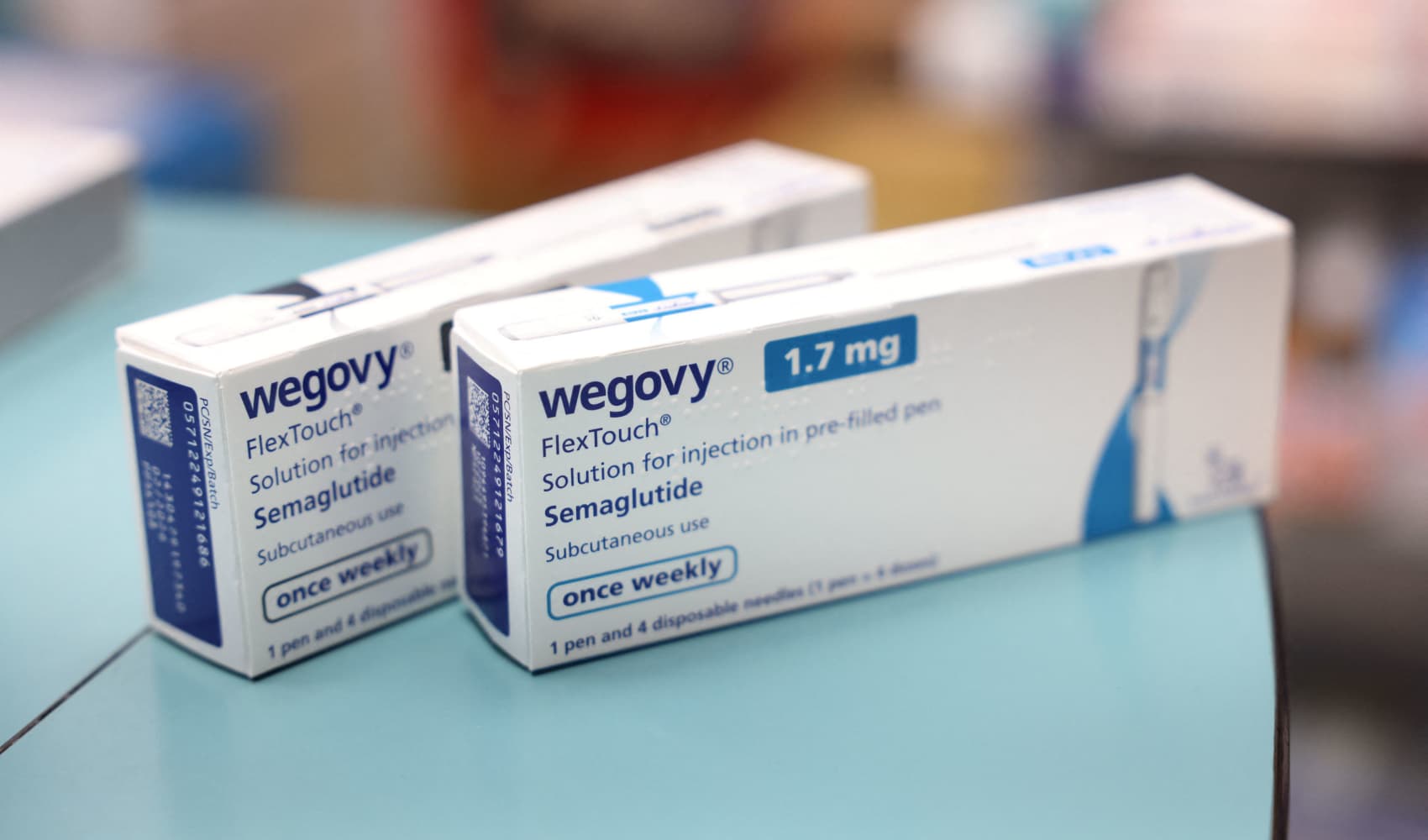
This has been a summer like no other, from severe air quality alerts across large swaths of the U.S. in June to devastating flash floods in the northeast in July.
Temperatures all over the world are noticeably higher than what we're used to at this time of year, too. For instance, Phoenix experienced more than 20 days with temperatures of 110 degrees or higher this year.
Globally, July 6 was the hottest day ever recorded, according to the University of Maine's Climate Reanalyzer. During the week starting July 3, the record for the highest average temperature on Earth was broken four days in a row.
"We have record heat waves all over the world simultaneously," says Jeff Goodell, journalist and author of the recently released book "The Heat Will Kill You First."
Feeling out of the loop? We'll catch you up on the Chicago news you need to know. Sign up for the weekly Chicago Catch-Up newsletter here.
Collectively, several countries in the Northern Hemisphere have experienced extreme heat waves this July, from Mexico to southern Europe.
Extreme heat isn't just unpleasant: it can be dangerous, too.
This is especially true for places with climates that don't normally experience extreme heat and where few people have air conditioners in their homes. In 2021, nearly 600 people died in British Columbia during a massive heat wave.
Money Report
"The risks to your body, to your health, to your life are all about your body temperature getting hotter and hotter," Goodell says. "So, you have to cool off."
To stay safe during a heat wave, it's important to be prepared. Goodell recommends following these steps the next time temperatures are spiking in your area.
6 steps to protect yourself from extreme heat
- Get out of the sun: If you need to be outdoors, make sure to take frequent breaks in the shade to cool off.
- Drink plenty of water: "Our only mechanism for cooling off is sweating. And if you sweat a lot, you will get dehydrated," Goodell says. When you don't get enough water and you're sweating, "your body temperature will skyrocket quickly," which can lead to heat stroke.
- Take advantage of AC: Visit cool spaces to avoid letting your body temperature rise. Consider stopping at an air-conditioned public library for a break during a hot day.
- Use a fan to cool down: If you don't have access to an air conditioner, "electric fans are really useful, and they're cheap," Goodell says. "They help accelerate the evaporation of sweat."
- Heat-proof your home: Thermal shades can keep your house insulated and prevent the heat and direct sunlight from making your home too warm.
- Don't forget about your pets: Avoid walking your dog during the hottest times of the day. Temperatures tend to be the highest in the early afternoon. If it's too hot for you to be outside, it's too hot for your furry companion.
"The climate that many of us grew up in, our predictable ideas about what summer, spring, fall and winter mean are gone," Goodell says. "It's a very different world now, and we need to get smart about that."
DON'T MISS: Want to be smarter and more successful with your money, work & life? Sign up for our new newsletter!
Take your business to the next level: Register for CNBC's free Small Business Playbook virtual event on August 2 at 1 p.m. ET to learn from premier experts and entrepreneurs how you can beat inflation, hire top talent and get access to capital.






